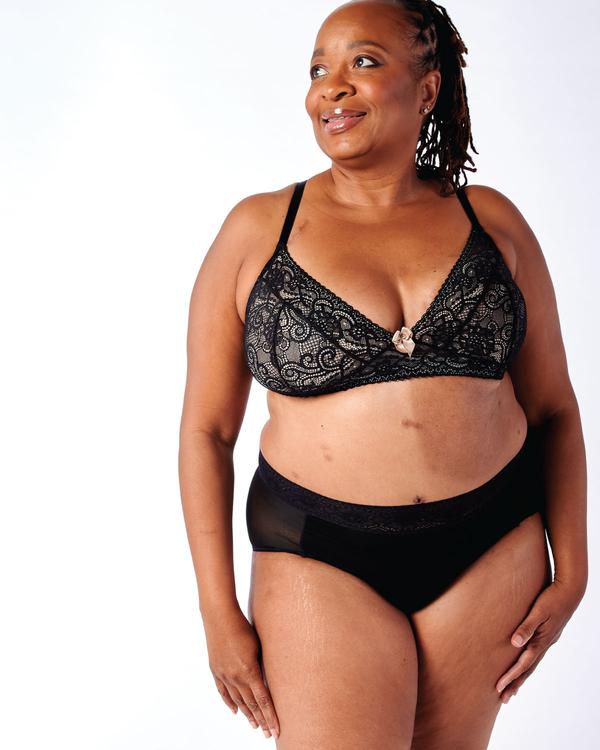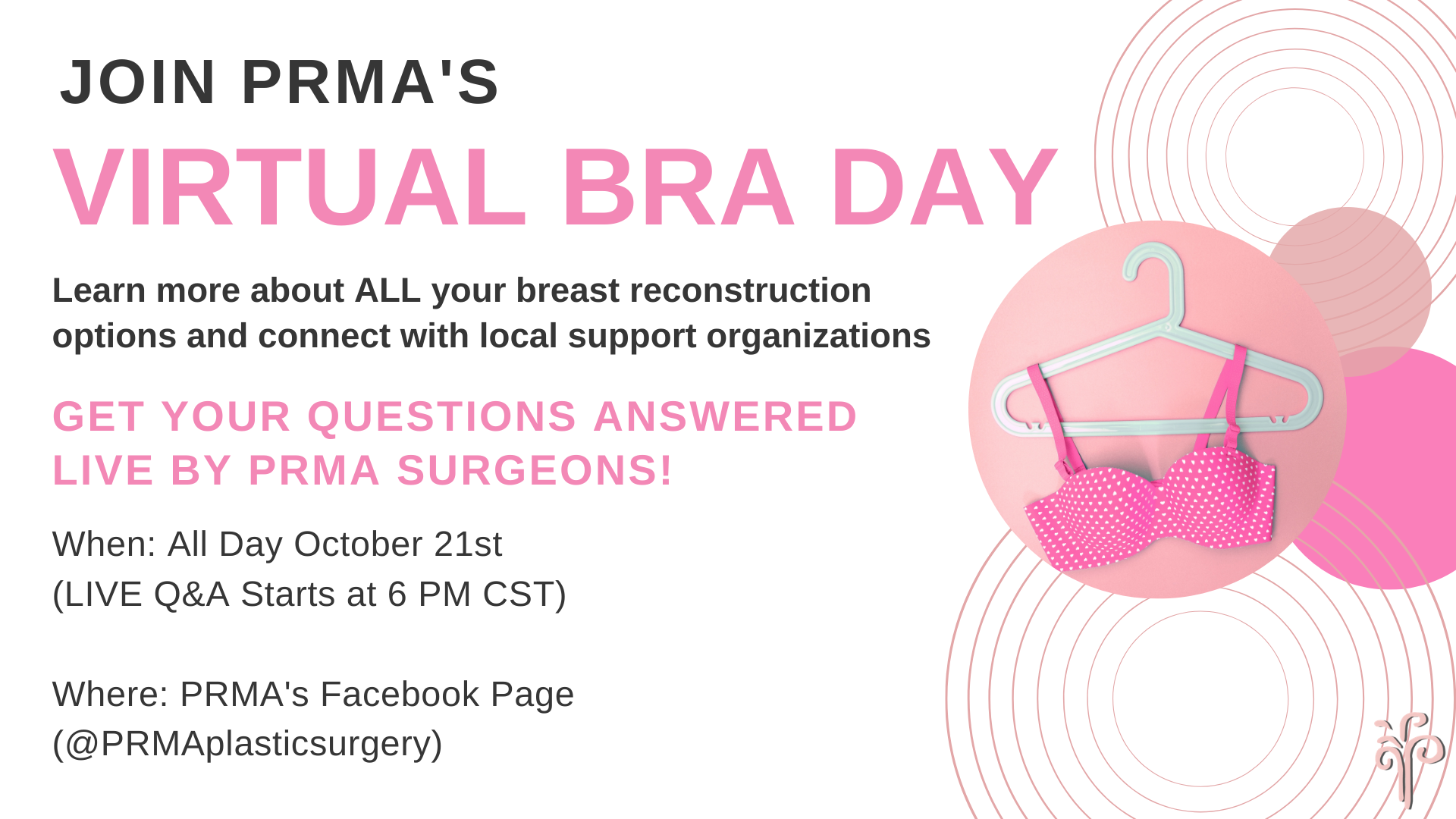How can you support a loved one during breast cancer?
Treatment for breast cancer made me feel very sick. Fortunately, my husband, Karl D. Stephan, stepped up to the challenge of suddenly becoming a home caregiver, while also holding down a full-time job. I asked him for his top ways to be supportive when your spouse is in treatment for breast cancer. Here’s what he had to share.
1. Be There
The person with breast cancer needs you now more than ever. But the patient won’t be fun to be with all the time. So, don’t give into the temptation to hide from the situation by getting busier with work, hobbies, or other things that keep you away from the patient. It’s no fun holding a woman’s head while she loses her cookies, or holding her hand just before she goes into surgery. But she’ll remember what you did for her later.
2. Advocate
Though she may be a fighter by nature, a woman with breast cancer is often in no shape to battle hospital bureaucracies, insensitive doctors, thoughtless nurses, or anyone else, especially you. It’s your job to take her side and ask the hard questions, pound the receptionist’s desk when you’re being ignored, and act in her best interests. Even the best medical care personnel get too busy or preoccupied. And when that happens, you need to act to make sure your patient gets the care she needs.
3. Organize
Maybe you’re not a born organizer. But you can keep track of doctor’s appointments, medications, prescriptions, hospital bills, test reports, and the hundreds of other pieces of paper that a typical treatment sequence for breast cancer generates. Not all of these papers are important, but you don’t want to lose the ones that are. And your patient will be relieved not to have to keep track of them herself.
4. Encourage
There will be times when you both feel like crying. Go ahead. But make sure you’re the one handing out the hankies, not your patient. She needs an emotional anchor, and you’re it, whether you like it or not. Sometimes not saying anything is better than saying the wrong thing. But if you’re there, advocating, and organizing, your actions tell her that you care, even if you don’t have the words to say it.
5. Act Normal
Whatever is normal for you, that is. Cancer doesn’t mean the world has to grind to a halt. If you and the patient have normal routines and things you enjoy doing, try to keep them up to the extent possible. But always be sensitive to physical fatigue, emotional stress, or other reasons for not doing things you used to do, and give into the needs of your patient.
6. Be Honest
Most people today would rather hear the truth about their medical condition than a sweetened-up lie. This doesn’t mean being needlessly cruel, however. When you both face the same facts together, whatever they are, you can act together and stay together through the treatment.
7. Don’t Leave
If you’re like most men, you look to your wife or girlfriend to supply needs or wants you have for affection, companionship, and sex. Some guys have the attitude that, “If a woman can’t give me what I want anymore in these departments, I’d better drop her and find another one.” This is the absolutely worst thing you can do to her at this vulnerable point in her life. A woman can get over cancer, but she’ll never get over the deep and lasting emotional injury you’ve given her if you abandon her now. And neither will you. Don’t do it. Stay with her, even if you’re not that happy with the situation. You’ll both be better off together than you’d be in Splitsville.
8. Ask Your Friends For Help
The two of you don’t have to do it all by yourselves. Friends, neighbors, relatives are there to be asked for help. Not all of them will, but you will be surprised at what some people will do if you just ask them. Seek their help in driving to appointments, staying with the patient while you’re at work, or doing errands you normally do but don’t have time for anymore.
9. Expect Weird Reactions From Some People
Everybody has a different attitude toward cancer. Some people will get up and run away if you try to tell them what’s wrong with the patient. Others will cry, get angry, or ignore the whole situation. You can’t control their reactions, but you can control your reactions to them. Don’t volunteer the information that your patient has cancer without a good reason. On the flip side, don’t try to make it a deep dark secret either. And let the people you tell deal with it on their own terms.
10. Pray, Meditate
Whatever your spiritual beliefs are, understand that those beliefs are a part of the situation too. You and the patient will need a lot of resources to win, more than you can muster up on your own. Don’t neglect your spirituality in this fight. It can connect you with the source of your greatest strength.
Author: Guest Blogger Pam Stephan
Pam Stephan is an 11-year breast cancer survivor and freelance writer for about.com.
Treatment for breast cancer made me feel very sick. Fortunately, my husband, Karl D. Stephan, stepped up to the challenge of suddenly becoming a home caregiver, while also holding down a full-time job. I asked him for his top ways to be supportive when your spouse is in treatment for breast cancer. Here’s what he had to share.
Leave Comment
Sign Up for Our Monthly Newsletter
Continue Reading

A Year in Review at PRMA – 2020
A Year in Review at PRMA – 2020 December 28, 2020 Share on Facebook Twitter Linkedin The COVID-19 global pandemic is an event that has made 2020 a year like no other. It can be hard to feel optimistic or reflect on the good with a year full of unprecedented change. “This past year has […]

Reducing the Risk of Chronic Opioid Use After Breast Reconstruction with ERAS Protocol
Reducing the Risk of Chronic Opioid Use After Breast Reconstruction with ERAS Protocol December 16, 2020 Share on Facebook Twitter Linkedin A study presented at the 2020 San Antonio Breast Cancer Symposium reported that women with breast cancer may be at a high risk of developing a chronic opioid addiction following mastectomy and reconstructive surgery. […]

Hospital Stay After DIEP Flap Breast Reconstruction: What to Expect
Hospital Stay After DIEP Flap Breast Reconstruction: What to Expect December 09, 2020 Share on Facebook Twitter Linkedin Following DIEP flap breast reconstruction, patients are typically in the hospital for about 2-3 days. During that time, patients often wonder what they should expect. Here is what a typical hospital stay for PRMA patients entails… Flap […]

Breast Reconstruction Surgery and Your Period
Breast Reconstruction Surgery and Your Period December 02, 2020 Share on Facebook Twitter Linkedin During our pre-operative appointment with patients, a topic that occasionally arises is menstrual cycles. It is completely normal for women to experience changes with their periods throughout breast cancer treatments. These can be temporary or permanent. Periods can be unpredictable following […]

What Bras and Abdominal Girdles to Wear After Breast Reconstruction Surgery
What Bras and Abdominal Girdles to Wear After Breast Reconstruction Surgery November 17, 2020 Share on Facebook Twitter Linkedin When preparing for breast reconstruction surgery, many patients want to know what types of bras and abdominal girdles they should plan to wear after surgery. Although every surgeon has slightly different preferences, we have put together […]

My 5 DIEP Flap Realities | A Guest Blog From Julie
My 5 DIEP Flap Realities October 28, 2020 Share on Facebook Twitter Linkedin Hi everyone, my name is Julie from It’s a Bosom Thing. I am so happy to be here as a guest blogger and have this opportunity to share with you a few thoughts about life after DIEP Flap Surgery. I was diagnosed […]

PRMA’s BRA Day Virtual Event Recap
PRMA’s BRA Day Virtual Event Recap October 22, 2020 Share on Facebook Twitter Linkedin Yesterday we celebrated Breast Reconstruction Awareness day! Although we missed seeing everyone in person this year, we were still able to spread education and awareness on ALL reconstructive options through our virtual efforts. We were also able to share information on […]

Second Stage DIEP Flap Surgery
Second Stage DIEP Flap Surgery September 08, 2020 Share on Facebook Twitter Linkedin DIEP flap breast reconstruction is typically comprised of at least two stages for the best outcomes. The second stage of surgery is commonly referred to as the “revision” stage and is usually performed about three months after the initial reconstruction. The purpose […]

If ‘Flaps’ Are Such A Great Breast Reconstruction Option, Why Doesn’t Everyone Get Them?
If ‘Flaps’ Are Such A Great Breast Reconstruction Option, Why Doesn’t Everyone Get Them? September 08, 2020 Share on Facebook Twitter Linkedin Flap-based breast reconstruction procedures, like the DIEP flap, offer patients a safe, natural implant-alternative option to reconstruction after a mastectomy. Flap surgeries are permanent and are associated with fewer complications after radiation when […]

What is a Skin Island and How is it Used in Breast Reconstruction?
What is a Skin Island and How is it Used in Breast Reconstruction? September 08, 2020 Share on Facebook Twitter Linkedin What is a “skin island”? The term “skin island” is used to describe the remaining visible skin from a transplanted “flap” of tissue. In the setting of DIEP flap breast reconstruction, the skin island […]

No Comments